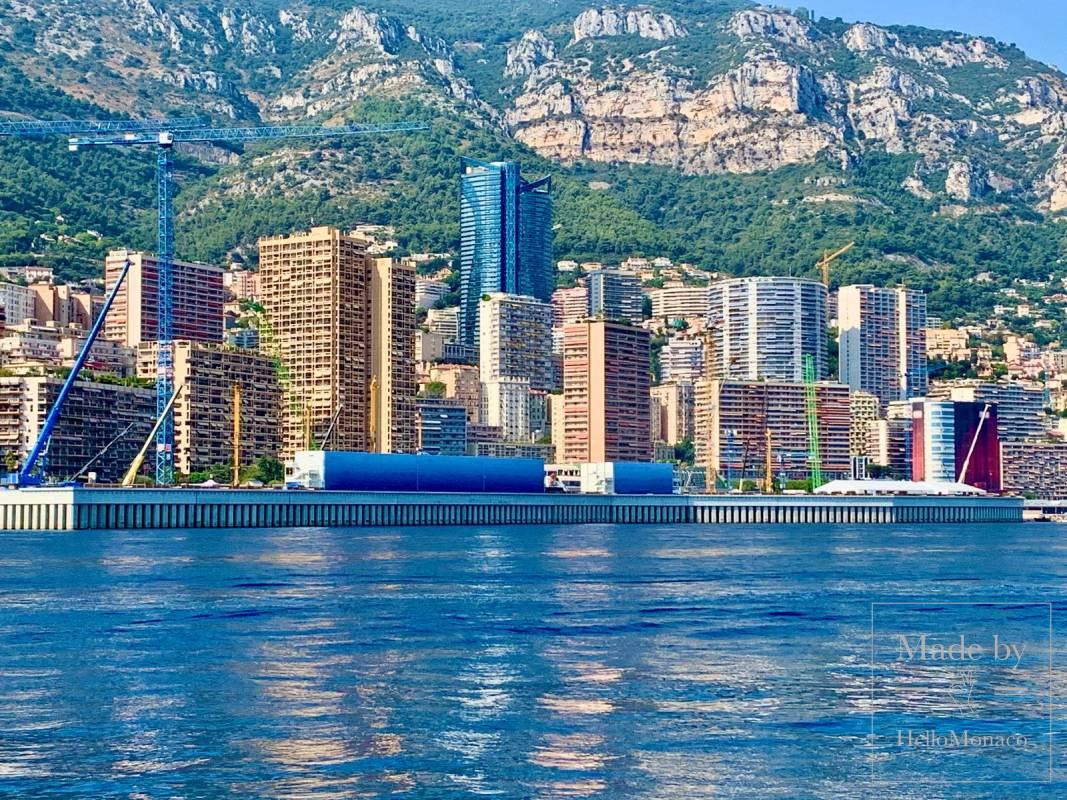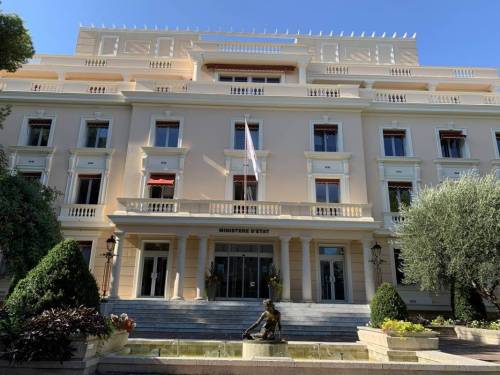Perhaps the most attractive and enduring feature of Monaco is its safety. Where else in the world can a person walk the streets at night and feel completely secure. In towns generally elsewhere there is a lot of justified fear of being alone on the streets, especially after dark. People cannot wear their jewellery, they need to hide anything of value. Essentially people have a heightened sense of needing to protect themselves whenever they are out of their homes on the streets.
In the Principality the atmosphere is completely different, refreshingly so … more a heightened sense of freedom rather than the fear experienced elsewhere.
This safety is not a random occurrence. Public Security not only dedicate the manpower but also the technology via its camera surveillance to deter criminals. Thus the would-be criminals go elsewhere where the pickings are easier.
Technology is changing rapidly and the new Public Security H/Q in the Principality has a roof-top park and landing area for drones.
And one fast-emerging technology that undoubtedly has advantages for those planning our security is facial recognition.
Did you know that in Europe its use is accelerating. Tested during the G20 in 2017 in Germany and the Nice Carnival in 2019, facial recognition could thus arrive in the Principality of Monaco, where high security levels remain a key fact of life.
“By automating the detection of movements, people, or suspicious objects, these [facial recognition] systems facilitate decision-making by the person in charge of operating the video protection system.”
These are words that are part of a bill, intended to create a legal framework around uses of electronic data and in this case the use of facial recognition systems to bolster security systems that have clear advantages in detecting wrong-doers.
Bolstering security is the intent; there is evidently no initiative underfoot to replace human intervention the police on the street or the operators at the Operational Command and Supervision Center (CSCO), who operate 24/7 with the nearly 1,000 cameras scattered throughout the country. They simultaneously perform other tasks such as identifying wanted individuals, coordinating police interventions, or managing emergency calls. So facial recognition technology could be a powerful extra tool to help the specially trained police already charged to carry out these tasks of advanced detection and protection.
Thanks to the algorithms of this artificial intelligence, crowd movements, abandoned objects, or a person subject to an international arrest warrant could be detected in seconds. The bill specifies that this technology will not be used to identify everyone.
Right to Privacy
Even though the scope is limited, people are very sensitive to anything that could be invasive to their personal privacy. Debates promise therefore to be lively.
The text has been referred to the Legislation Committee and will be studied by national councillors. There is potential to amend it to reflect useful proposals flowing out of debate.
On one side of the debate will be the potential for reducing crime which is paramount. Face recognition makes it easier to track down burglars, thieves, and trespassers. The sole knowledge of the presence of a face recognition system can serve as a deterrence. On the other side of the debate some worry that the use of facial recognition, artificial intelligence, and data analytics creates the potential for mass surveillance, which could restrict individual freedom.
The question of ethics and privacy is an important one in Europe generally. In 2020, the European Commission said it needed to allow time to work out a regulatory framework for these type of surveillance technologies to prevent privacy and ethical abuses.









